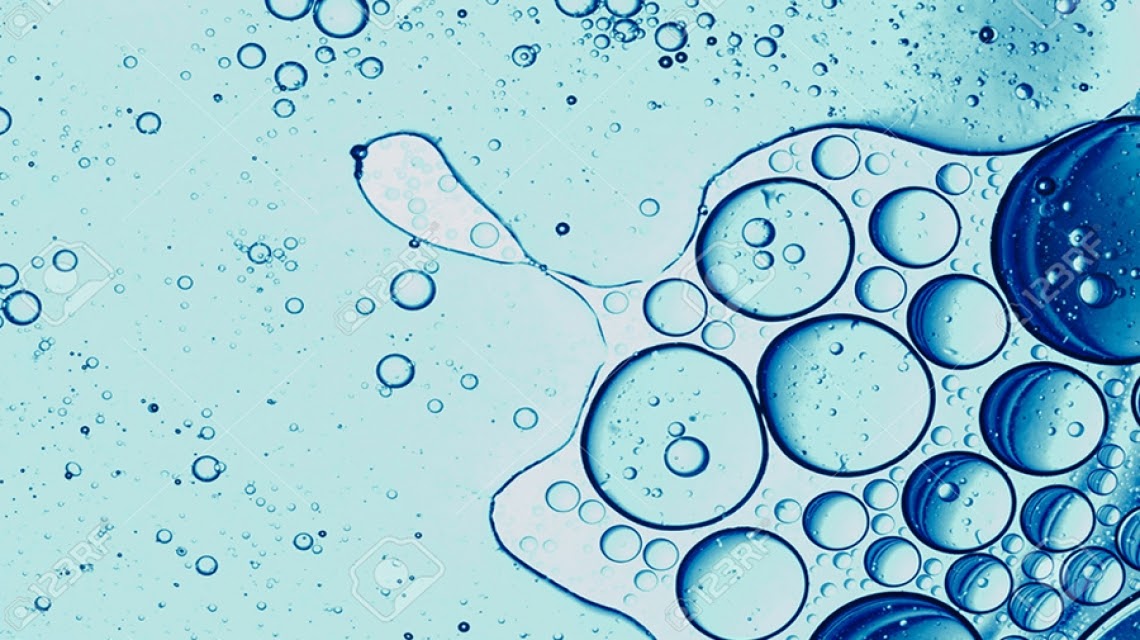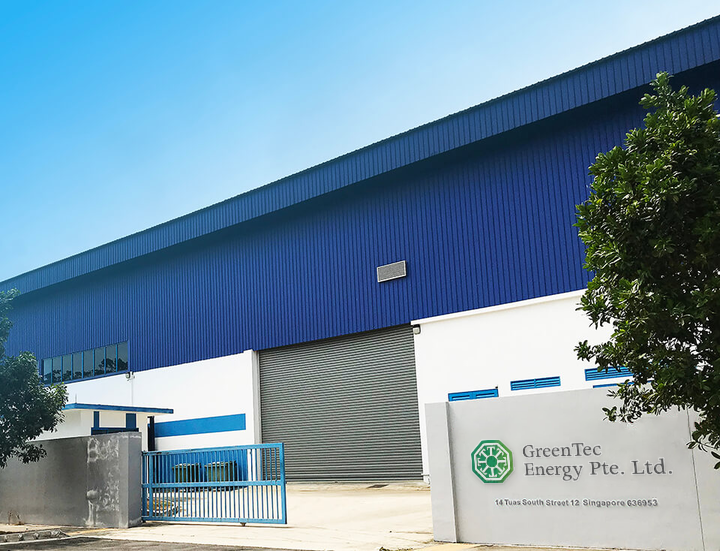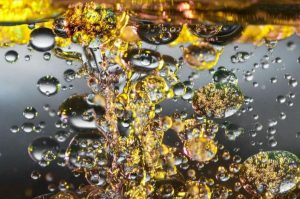Effect of Oily Water Pollution on Human Health
January 7, 2022

Oil spills can happen anywhere. Because oil products are made up of a variety of common fuels, oil spills are likely to occur frequently and in a variety of settings, including residential areas. Surface oil spills are easy to see since they leave visual evidence like oil stains, as well as other telltale signals like scents from the spilled oil's vapours.
Underground water pollution due to oil spills are harder to detect and control, but they can also be more dangerous (oil may reach groundwater more easily and travel with it). Surface and subsurface oil spillage can affect soils, sediment, water (both groundwater and surface waterways), and the atmosphere (due to many volatile compounds emitted by the spilled oil into the air).
In Singapore and everywhere else in the world, residents in the impacted areas suffer as a result of oil spills. Severe weather conditions can also exacerbate these consequences, just like what was observed in the US when the Murphy oil leak had a significant impact on Louisiana's residential regions. This occurred due to flood waters becoming contaminated from levee breakdowns during Hurricane Katrina in August 2005.
The effect of oily water pollution on the general public
Direct exposures
Oil contamination in water can have both direct and indirect negative impacts on humans, depending on the type of contact with the spill. Direct oil spill exposure occurs near people's homes or workplaces, where they may come into touch with oil spill components. Some of the direct exposures include:
1. Breathing in of contaminated air
Because oil and products (petroleum products) contain various volatile compounds that are produced as gases as a result of spilt oil, the air surrounding oily water is contaminated with such volatile oil products or vapours, which produce distinct scents.
Even if no odours are detected, some particular compounds may represent a health danger if inhabitants are exposed (breathe the air) for an extended period of time. Naturally, the health risk is higher when the odour is noticeable. Contamination can travel large distances once it has permeated the air.
Of course, as you travel further, the vapours will become more diluted. As a result, the final spread of oil-contaminated air vapours may be determined by the original contamination levels at the source, as well as certain weather circumstances.
2. Direct contact with skin
While travelling through a hazardous region with oily water, persons may come into direct touch with oil and/or oil products (e.g., beach). There will be some irritation at first. Contaminants can also be absorbed through the skin and subsequently absorbed into the body.
Indirect exposures
Even though some individuals live far away from where the actual oil spill occurred, they can still be exposed to oil spills indirectly. These indirect exposures include:
1. Bathing in contaminated water
Swimming in a contaminated water stream is an example of an indirect exposure. Even though an oil sheen is not apparent on the water surface, dissolved oil contaminants may still be present in the water if it has been touched by an oil spill.
2. Consumption of contaminated food
Bioaccumulation of some oil molecules in living creatures may lead to higher concentrations along the food chain. Humans may be exposed to contaminants in food at quantities that are orders of magnitude higher than those found in a polluted environment. This is particularly worrisome because residents may be exposed even if they live far away from an oil spill if they eat food that comes from a spilled region.
Adverse economic impact
In addition to adverse health consequences, oil spill pollution also has a significant negative economic impact. It can have a variety of effects on the community where the oil leak happened. In Singapore specifically, these impacts are:
1. Negative impact on property value
This negative effect on property value applies not only to those properties directly affected by the oil spill, but to all properties in a given area exposed to oil spill pollution or at risk of becoming polluted at some point in the future; this negative effect on property value applies not only to those properties directly affected by the oil spill, but to all properties in a given area exposed to oil spill pollution or at risk of becoming polluted at some point in the future.
2. Reduction of tourism activities
Affected areas will cease to be able to attract tourists or operate tourism activities when it is deemed to have oily water contamination.
3. Impact on land & sea traffic
Import-export activities are negatively affected by disruptions in land and maritime transit.
4. Aesthetic & recreational impact
This is in reference to the visible consequences of oil spill contamination (oil slicks, sheens) on coastal seas, shorelines, and beaches, as well as wetlands. When the spill is more substantial, such recreational areas may be closed completely, at least temporarily, while the spill is cleaned up.
Conclusion
In Singapore and everywhere else around the world, the main effects of an oil spill include a variety of diseases, a negative economic impact, pollution with crude oil or petroleum products (distillates like gasoline, diesel products, jet fuels, kerosene, fuel oil, as well as heavy distillates such as hydraulic and lubricating oils) and aesthetic issues that affect residents of the affected areas in a variety of ways.
Do you suspect that your residential area is currently affected by oily water contamination? Get in touch with us to find out for sure and get educated on what you can do about it.
 GreenTec Energy Pte Ltd (GTE) is a waste management company located in Tuas, Singapore.
GreenTec Energy Pte Ltd (GTE) is a waste management company located in Tuas, Singapore.
Our service includes Industrial waste, Oily waste, Marine waste.
To provide a hassle free solution to our customer is always the key approach and to ensure a win-win situation towards. As a NEA approved environmental company in Singapore, we take all our services seriously and to ensure maximum safety with compliances applied. Every step of our disposal processes are also designed to meet NEA & SCDF requirements, with latest treatment facilities and laboratories to test and treat all incoming waste before disposal.
GTE operates a total land area of about 100,000sqft at 14 Tuas South Street 12 Singapore 636953. With our comprehensive logistics and transportation fleet, we provide prompt and efficient services in transportation of waste to our premises.



